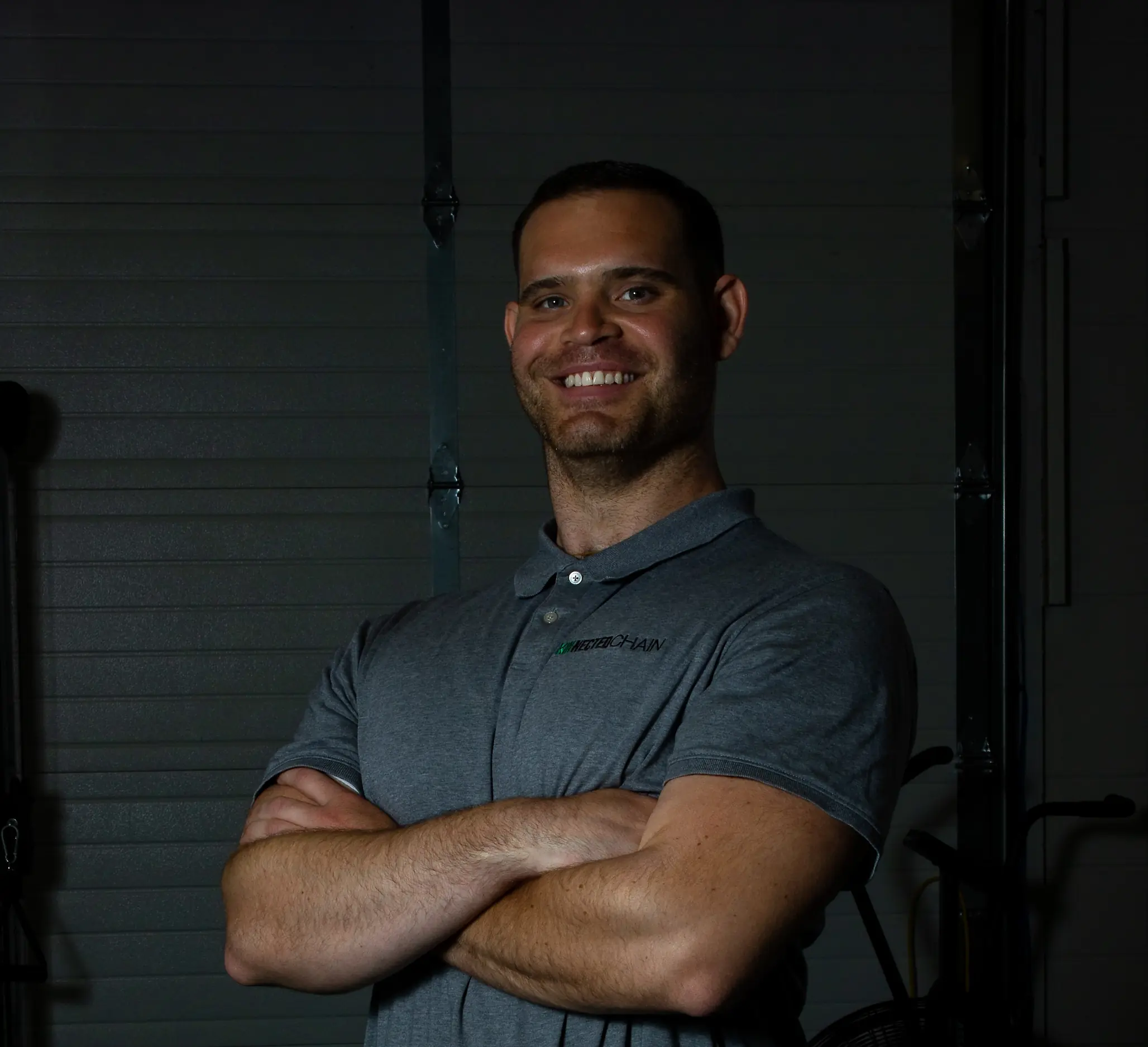
John Bocti,
M.Sc.
John is a recognized Kinesiologist leader with over 20 years of extensive experience in the health, rehabilitation, performance sciences fields.
As defined by the College of Kinesiologists of Ontario, “Kinesiology is the scientific study of human movement, performance and function”. But what does that actually mean? To me, it means being able to move as limitlessly as our bodies will allow us to. This probably sounds easier than it seems, right?When I started my own professional development journey in 2007, I did not fully anticipate the amount of importance that the study and practicality of kinesiology would have on rebuilding my clients’ mobility, strengthening their injuries and muscle imbalances, and improving their ease of movement in daily life. Kinesiology, I quickly learned, goes well-beyond the scope of you working with just any personal trainer or following a workout video on YouTube. The beauty of kinesiology (kin) is that it is a dynamic and practical application personalized to your needs through your self-development journey. When done appropriately, a program put together by a Kinesiologist can help you understand your strengths, work with your limitations and develop the strength, movement, and confidence needed to continually build on, attain, and create new goals. All with the intention of improving your overall quality of life. To simply put it, Kinesiologists are the bridge between you and your physical and physiological limitations and strengths. But all of this cannot be accomplished solely from the responsibility of the Kinesiologist. They say it takes two to tango for a reason.
To answer this question, in my humble opinion, it plays a very important role. Understand though that this statement does carry some bias with it as I, myself, am a Registered Kinesiologist (R.Kin) here in Toronto, Ontario, Canada. I have continued to play witness, however, to the strain that our public health care system is facing. Many of my clients share feelings of being very grateful for our public healthcare system but were underwhelmed by the support they received, needing anything from shorter wait times to a multidisciplinary health team managing their treatment and recovery. So now you’re probably thinking, how does the work of kinesiology actually help to relieve the burden on the healthcare system? Two key factors in Kin that add value to the healthcare field is the focus on maintenance and prevention. We apply scientific and evidence-based applications to help you maintain your current physical and physiological threshold to prevent a decline. By doing so, in a perfect world, we’d be potentially limiting your visits to a public or private health service only for essential or maintenance-based visits, which in turn can relieve the burden on the public health system, freeing up opportunities for those who are in need of more direct and comprehensive care. Accessibility can be a concern, which is why by offering services like Kin we are allowing more opportunities for those who are reliant on the public healthcare field to have greater access and quality. With that being said I am so proud of our healthcare system and its providers.
We are a regulated health professional working alongside the other members of your health care team as a key role and cohesive unit working for your overall health and wellbeing.
Well that’s a hard one to answer. Each R.Kin brings their own style and expertise. But with that being said you can most likely expect to see some of the following:
• A friendly greeting and a brief chat outlining the first meeting and going over “those boring consent for clearance forms”.
• Understanding what you want to get out of your visits.
• A select few assessments uniquely chosen for your best interest to determine a baseline, and slowly start putting the puzzle pieces together.
• Going over the results together to help you understand the “Why”.
• Most likely a plan will be discussed.
• A guide to follow to help with your progress between visits.
I hope this helped to provide some insight as to what Kinesiology is and how seeking it out can help to not only benefit your quality of life, but also to indirectly help others with their health. I’m excited to help you make a difference for yourself and others.